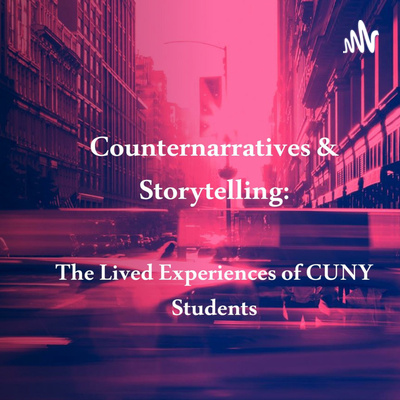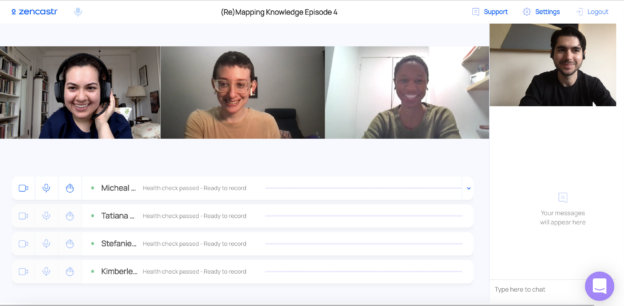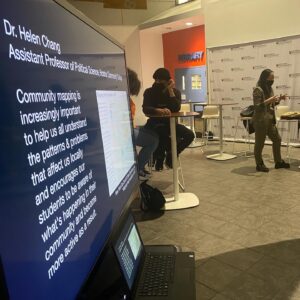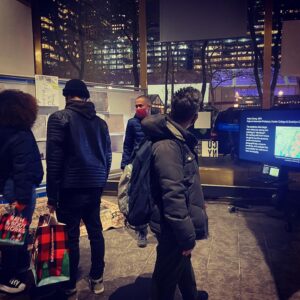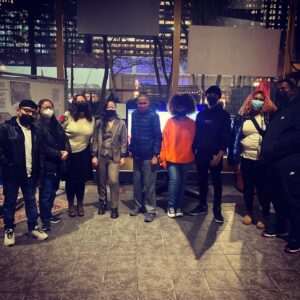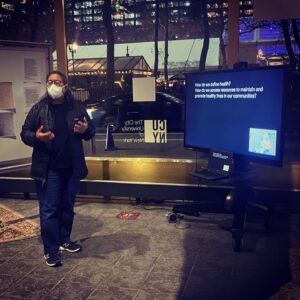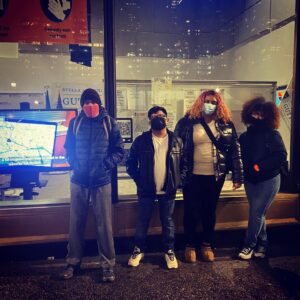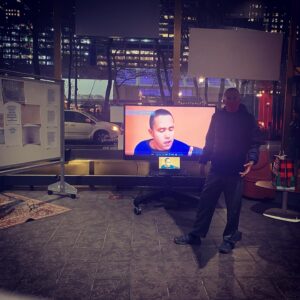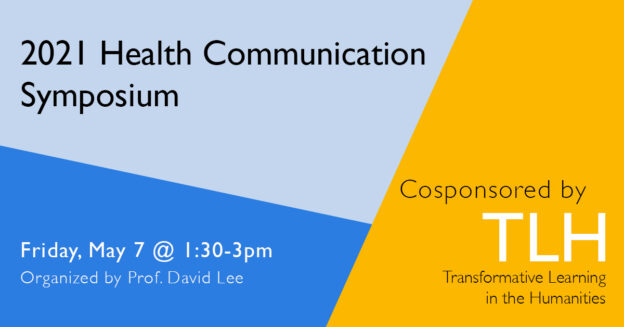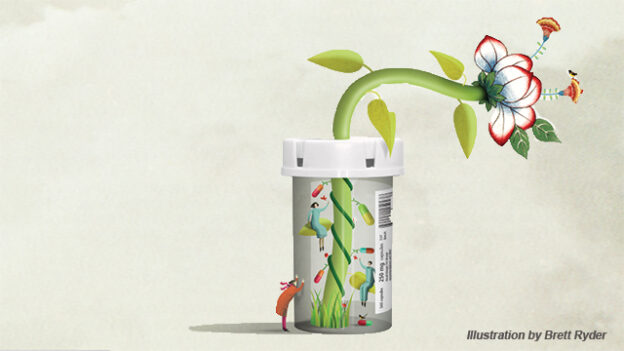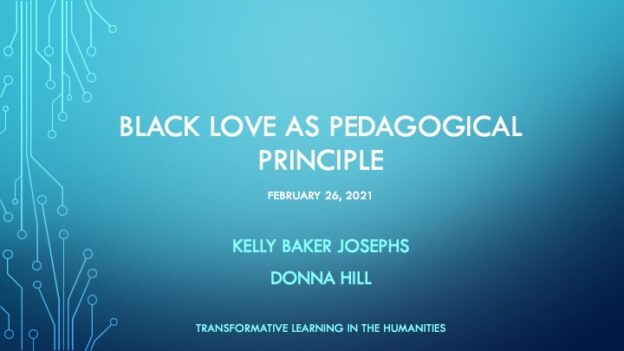Our podcast series “Counternarratives – Storytelling: The Lived Experiences of CUNY Students,” stems from the Andrew W. Mellon Faculty Fellowship, at the City of New York (CUNY). This series centers CUNY students’ experiences around topics such as the socialization around education, of immigration, gender, sexuality, race/ethnicity, family, and mental health within multiple community settings. The goal of this student-centered project was for TLH Student Scholars to experiment with creating storylines that draw on participatory methodologies anchored in decolonial and social justice practices such as explorative narration, (auto)ethnography, and creative writing. The four episodes that constitutes this TLH student scholars produced podcast series allow insight into the way personal perceptions around pressing course topics such as education, democracy, anti- immigrants/refugees, and anti-Blackness relate to larger geopolitical power, institutional racism and violence. Continue reading
